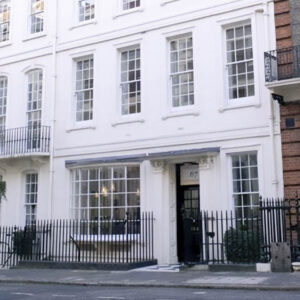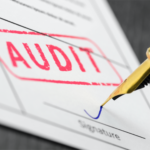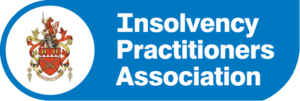Directors welcomed the end of COVID-19 restrictions in the UK, primed to get their businesses back on track after the pandemic left many companies in stagnation. New obstacles have continued to pile up, however, from continuing supply-chain issues to the Russian invasion of Ukraine to the current cost-of-living crisis, all of which have left the post-pandemic economy in just as shaky a position as during the height of COVID-19 restrictions. The largest threat for many businesses is the rising rate of inflation, which the Bank of England has met by hiking up the interest rate from 0.75% to 1%, the highest it has been since 2009. The vote was passed by the Monetary Policy Committee with a majority of 6-3, with the members in the minority instead favouring a greater increase of 0.5% up to 1.25%.
How does the increase in the interest rate affect businesses?
The effects of rising costs were already putting a strain on many businesses, so the resulting increase in the interest rate has compounded the pressure put on directors at the moment. Business owners are affected directly by the cost-of-living crisis, as the price of raw materials has been driven up, whilst also having to meet the demand for increased wages from workers. Now, the meteoric rise in the interest rate also increases the cost of business loans, which limits financing options for companies, especially those that already have outstanding debt. Mike Cherry, the National Chair for the Federation of Small Businesses (FSB), has said that the rise in interest will put small enterprises with debt issues under even more stress. “The back-to-back rate increases will mean more pain for all those with personal and professional debt that carries a floating rate. Where emergency loans are concerned, repayments on bounce-back loans are fixed, but anyone with a coronavirus interruption loan could be significantly impacted by this move”, says Cherry.
Why was the interest rate increased?
The MPC cited the ongoing inflation issues as the primary reason for increasing the interest rate. The government’s inflation rate target of 2% is a long way off, with the Bank of England warning that inflation is predicted to increase to 8% by June and potentially peak at over 10% by the end of the year. This continuing surge in inflation leaves many small businesses struggling to break even due to the squeeze on wages and the steeper costs of materials, leaving some directors with little choice but to up their own rates, with the British Chambers of Commerce reporting that 73% of companies in the UK have said that they have had to push up their own prices in order to combat climbing costs. The current energy crisis hits small firms particularly hard as well, as businesses don’t enjoy the price cap that consumers have that limits the amount that energy suppliers can charge for their default tariffs. The FSB has described the escalating energy costs as an “existential threat” to smaller companies, as many directors will face a swelling strain on their cash flow in the coming months as a result.
If you feel as though the current economic climate is impeding the well-being of your business, contact Voscap at 020 7769 6831 or email help@voscap.co.uk to speak with one of our business recovery specialists.






